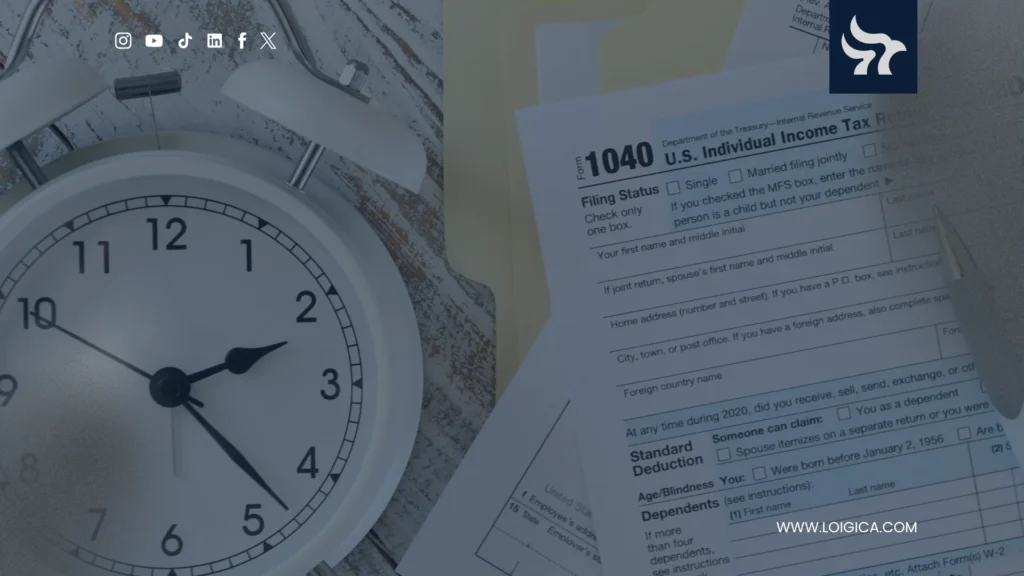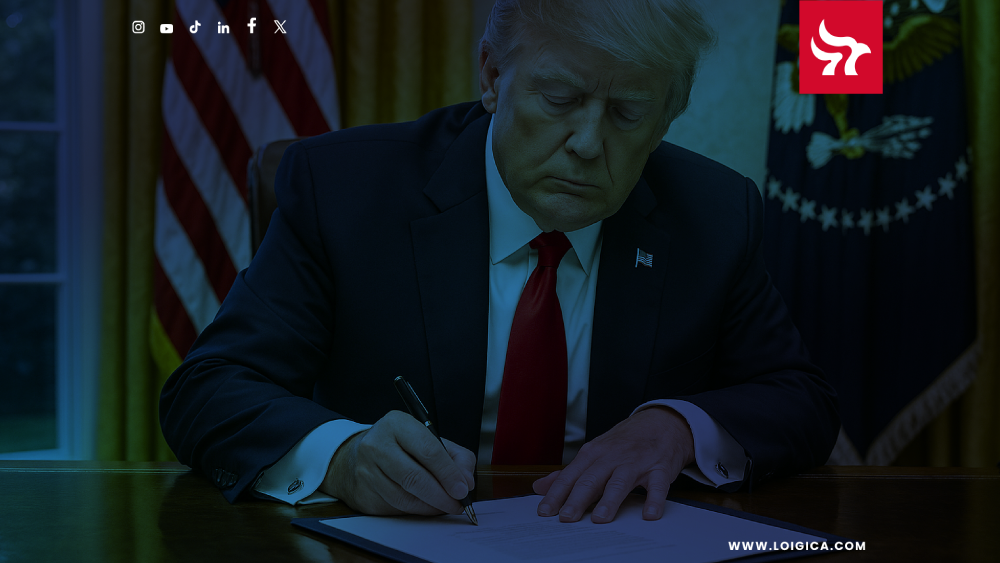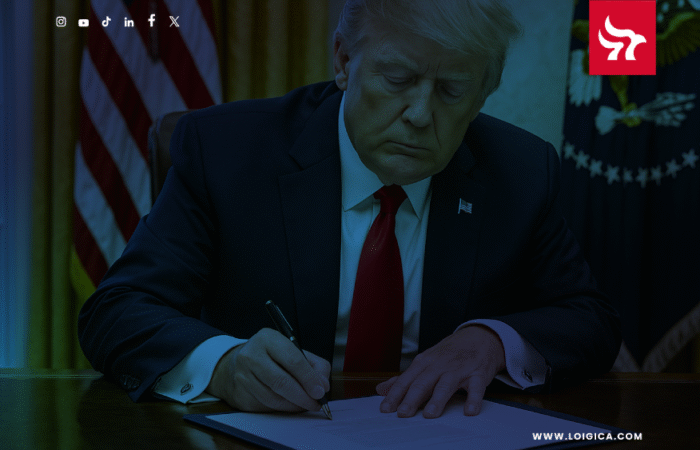In September 2025, President Donald Trump’s administration announced a measure that sparked strong reactions among employers, legal professionals, and foreign workers: an additional $100,000 fee for all new H-1B visa petitions, effective September 21, 2025.
The measure was introduced through a presidential proclamation, justified as a way to strengthen domestic competitiveness and ensure that U.S. companies hiring foreign talent contribute more significantly to the immigration system. However, the decision has raised questions about its legality, proportionality, and economic impact.
The legal response: the U.S. Chamber of Commerce filed a lawsuit
Shortly after the announcement, the U.S. Chamber of Commerce —one of the country’s leading business organizations— filed a federal lawsuit in Washington D.C. seeking to block the new fee.
The complaint argues that the proclamation exceeds presidential authority, since the Immigration and Nationality Act (INA) establishes that immigration fees must be based on actual processing costs and approved through formal regulatory procedures, not by unilateral executive action.
The Chamber also contends that such a high amount is not reasonably related to the administrative costs of the H-1B program, and that it could negatively affect industries such as technology, healthcare, and education, which rely heavily on specialized foreign talent.
What is at stake?
The legal debate centers on three key issues:
Presidential authority: whether the president can set immigration fees without congressional approval or regulatory rulemaking.
Rational basis of the fee: whether the $100,000 amount has a legitimate cost-based justification or constitutes an excessive barrier.
Impact on the H-1B program: whether the measure effectively changes the statutory purpose of the program, which is designed to meet specialized labor needs in the United States.
As of now, the fee remains in effect, and USCIS continues to require payment for new H-1B visa petitions unless a federal court orders otherwise. The lawsuits seek temporary restraining orders (TRO) or preliminary injunctions (PI)to suspend the fee during litigation.
What employers and professionals should consider?
Because no final judicial decision has been issued, LOIGICA advises companies and foreign professionals to act with prudence and up-to-date legal guidance.
Employers planning to submit H-1B petitions should regularly check USCIS official updates and assess the potential financial and operational impact of the new fee.
In this context of legal uncertainty, prevention and strategic legal planning are essential. Evaluating other visa categories, such as the L-1 (intracompany transfer) or O-1 (extraordinary ability), may offer viable alternatives depending on the company’s needs and the worker’s qualifications.
Conclusion
The lawsuit against the $100,000 H-1B visa fee opens an important discussion on the limits of presidential authority in immigration policy and the economic nature of employment-based visas.
While the judicial process is still in its early stages, its outcome could establish a significant precedent for the future of employment-based immigration in the United States.
At LOIGICA, we continue to monitor every development closely to inform our clients and partners about the legal and practical implications of this measure.
If your company employs or plans to hire foreign professionals, or if you are applying for a work visa, our attorneys can guide you in real time on how these changes may affect your case.
👉 Schedule a consultation with LOIGICA
This blog was written with asistance of generative AI. It is provided for informational purposes only. It does not constitute legal advice. The information presented here is based on general principles of U. S. immigration laws, as well as general information available for public search on public matters, as of the date of publication. Immigration laws and regulations are subject to change and individual circumstances may vary. If you need expert counceling on immigration matters, contact one of our attorneys.

Tax Season 2026: Key Dates, IRS Filing Updates, and What Business Owners Must Know

How to Avoid Piercing the Corporate Veil: Proper Assets Separation



